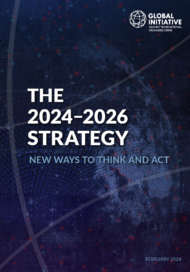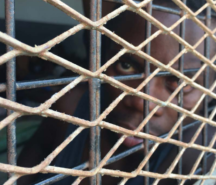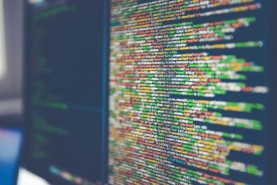Posted on 18 Dec 2011
As a communication tool, information source, marketplace, recruiting ground and financial service the Internet facilitates all types of offline organised criminality, including illicit drug extraction, synthesis and trafficking, trafficking in human beings (THB) for sexual exploitation, illegal migration, Mass Marketing Fraud (MMF), MTIC (VAT) fraud, Euro counterfeiting and the trade in prohibited firearms. In particular, the perceived anonymity afforded by communications technologies such as email, instant messaging and Internet telephony (VoIP) has led to them being used increasingly by Organised Crime groups as a countermeasure to law enforcement detection and surveillance.
Online banking provides Organised Crime groups with the opportunity to move criminal assets faster than ever before, and irrespective of offline geographical barriers. Online gambling is used for the laundering of criminal proceeds, as are the in-game currencies of virtual worlds. Virtual payment systems have also been used by Organised Crime for laundering and monetarisation.
The widespread adoption of Internet technology in the EU has also prompted an unprecedented expansion in the markets for child abuse images and intellectual property theft, especially for copyrighted audio-visual material and software. Child victims of sexual abuse are exposed to prolonged victimisation as a result of the global and continued circulation on the Internet of visual records of their abuse.



